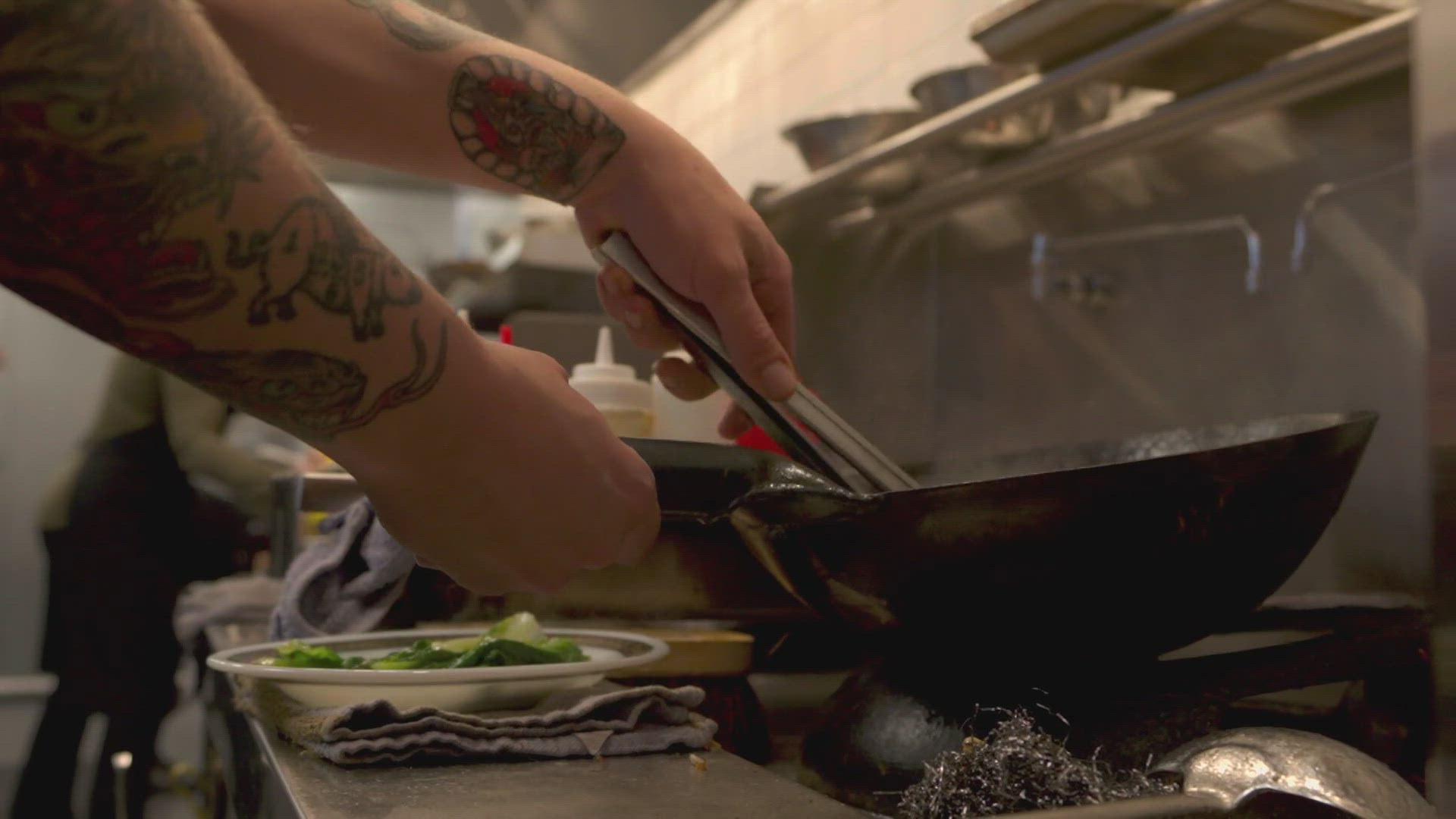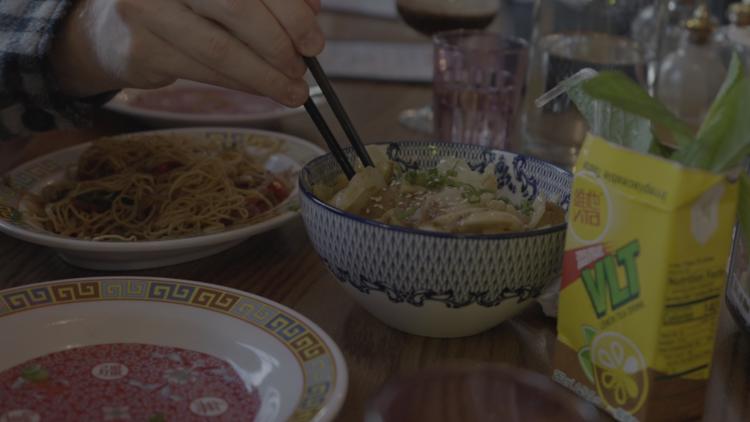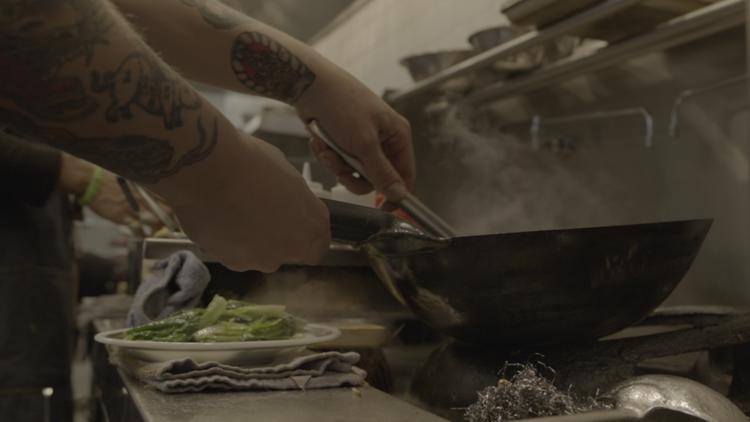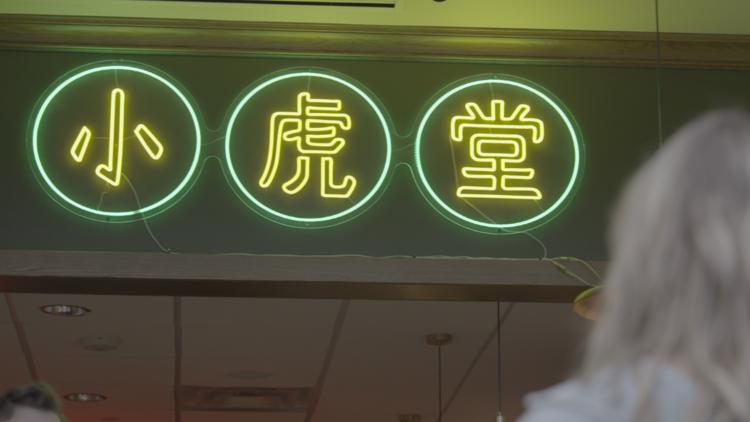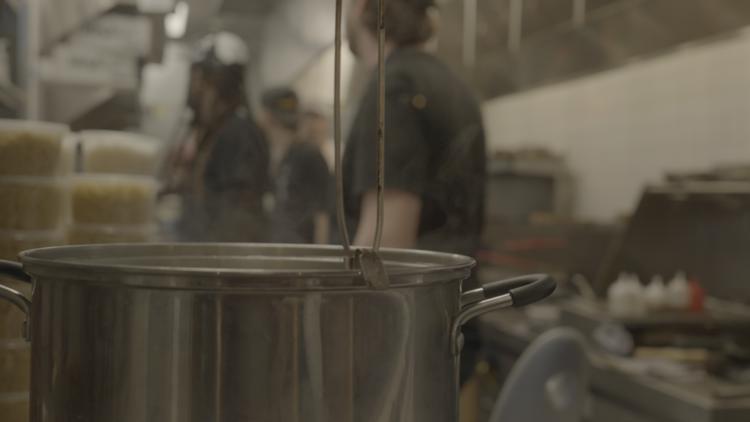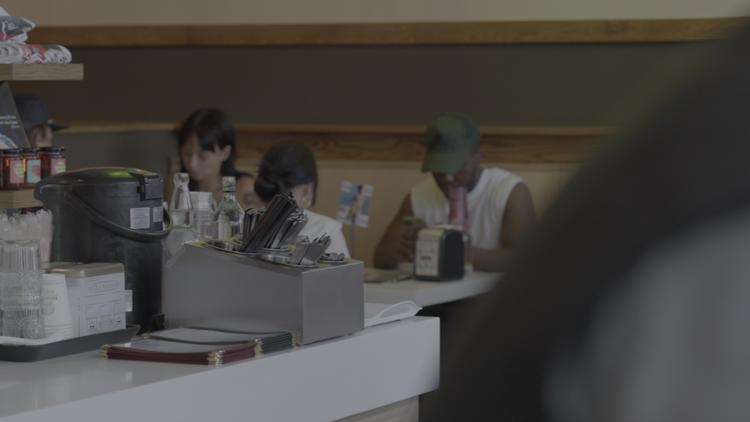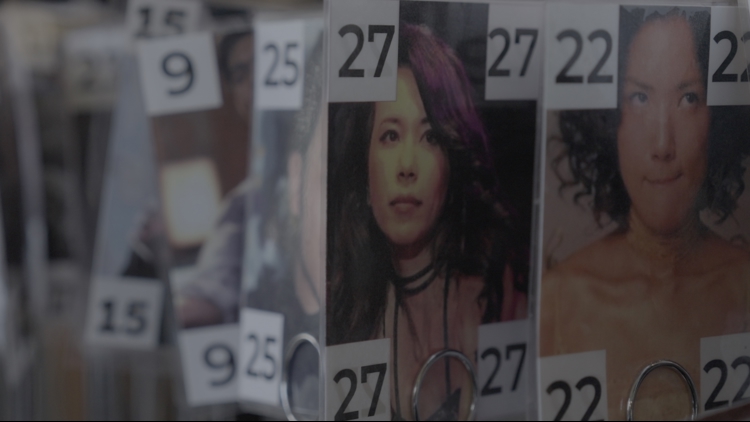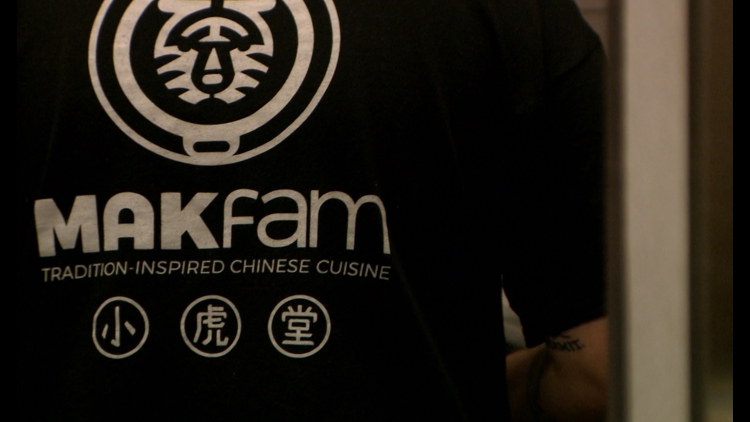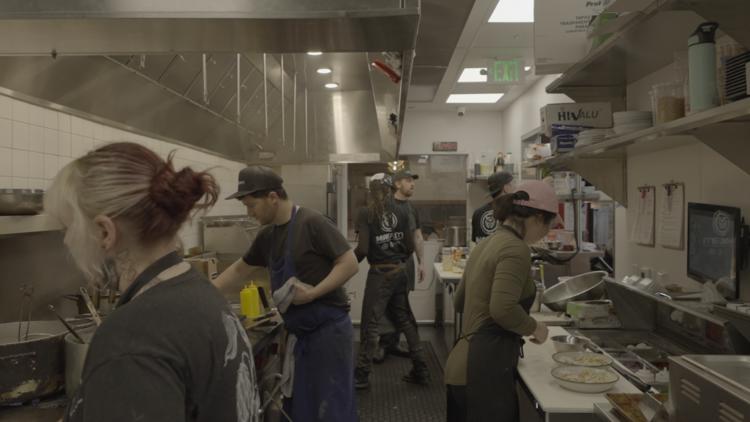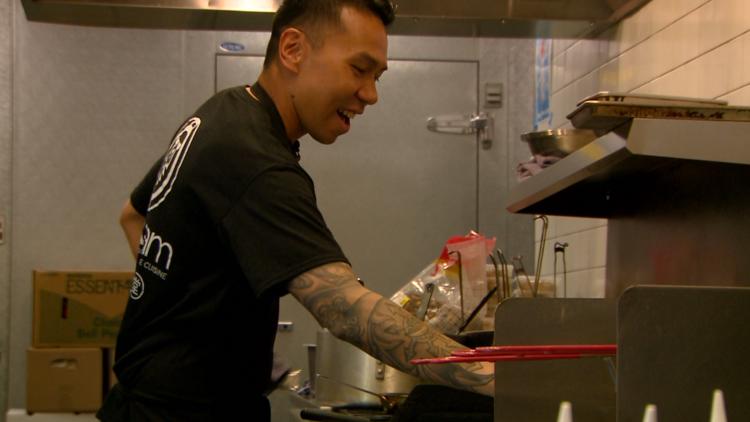DENVER — After decades of bad studies and science around the country, people are pushing to end the myth that MSG is bad for you.
Also known as monosodium glutamate, MSG is a flavor enhancer added to foods. Kenneth Wan and Doris Yuen, the husband and wife team who own Denver restaurant MAKfam, on West 1st Avenue just off Broadway in Denver, it's an important ingredient in their dishes.
"We use it like we would use salt or soy sauce. We sprinkle a little bit to enhance the meaty umami flavor of our dishes," Yuen said. "And we want to let people know that there's no harm in eating MSG."
"People think like oh, Chinese food is not good for you, gives me a headache, gives me palpitations, all these issues and it's due to MSG, it's unhealthy. But that's a myth," Yuen said.
You've heard the stories, the rumors before. But is MSG actually bad for you?
"That is a very complicated question. And so, the bottom line is actually no," said Dr. Bonnie Jortberg, an associate professor in the family medicine department at the University of Colorado Anschutz.
Jortberg said MSG is found both naturally and as an additive. You'll find it in a lot more than just Chinese food.
"You know, almost all of your beef, chicken, most of your shellfish, cheese and even some vegetables interestingly," Jortberg said. "MSG is naturally in those, or I should say L-Glutamate, which is the type of amino acid. So yes, it is found naturally in many, many foods that people commonly consume every single day."
How did we all come to believe MSG was so bad for our health?
"It's very interesting how MSG really got a bad name was really in the 1960s, and there was a physician who wrote an opinion piece in the Journal of the American Medical Association that he had a bad reaction to eating foods that had MSG in it. That's kind of how the whole thing came about," Jortberg said.
That gave way to bad studies and junk science that have since been debunked.
"The newer research has shown that MSG really does not have any adverse effects," Jortberg said.
"It's not the demon it was made out to be," she said.
Just because science caught up doesn't mean society followed.
"The saddest thing about it is to this day, we'll still have customers come in, they'll walk up to our register, and the first question they'll ask is 'do you guys use MSG in our food?' And they're hoping we're going to say no because that's basically the deal breaker for them," said Wan, who's the chef at MAKfam.
Debunking the MSG myth
It's a question that Wan and Yuen know goes much deeper.
"So, I think it's just innately built into people's minds that Chinese food with MSG is bad. I don't think they associate it with it being racist. But it is racist," Yuen said. "It is racist because if you think about it, you walk into a Chinese restaurant and you ask if we use MSG and we say yes and you walk out, why are you only targeting Chinese restaurants? Would you walk into a pizzeria and ask 'hey do you use MSG?' even though MSG is found in parmesan cheese and naturally in tomatoes and mushrooms?"
Yuen said the uneasy customers they see will sometimes leave, others will try and target restaurants like theirs on social media for daring to use a dash of MSG in their cooking.
But Wan and Yuen have made MSG a mainstay at MAKfam.
"For me, I'm just happy because I feel like MSG is such a great ingredient to use," Wan said. "Like, imagine if you went to a restaurant and they couldn't use salt. You're probably not going to enjoy your meal there, right?"
They're proud to proclaim its position in their own recipes, spreading the word where they can.
"Every chance that I get to highlight the ingredients, to spread the message and share the love of MSG, I do," Yuen said.
Both hope to see the stale stigma surrounding MSG given an expiration date for good.
"It would be great if one day we can just normalize MSG and it would just be on the same tier as salt, sugar, pepper, garlic powder, MSG," Wan said. "To me, that would be the day. And I don't know if I'll live long enough to see that. Maybe our kid will, but that's all we can hope for is at least, to just start the initiative."
Less than 1% of the population is sensitive to MSG, according to Jortberg.
They might experience flushed skin, dizziness or shortness of breath. But Jortberg stressed the vast majority of people can consume MSG very safely and they're likely already consuming a lot of it in their diet every day.
More 9NEWS stories by Rachael Krause:
SUGGESTED VIDEOS: Latest from 9NEWS

